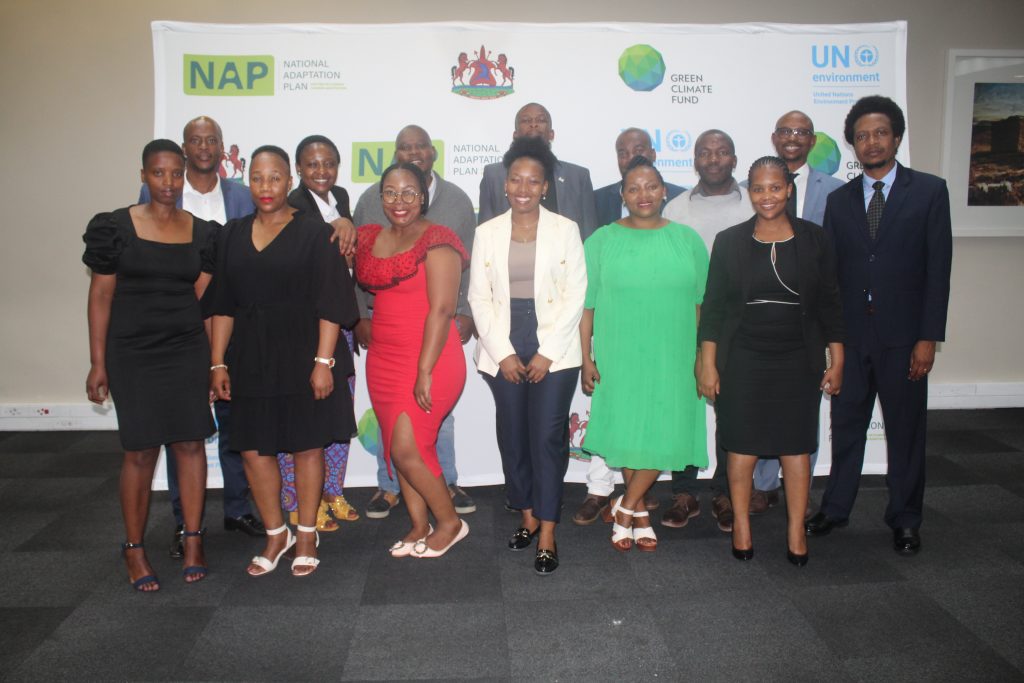About Us
Lesotho Meteorological Services
The Lesotho Meteorological Services (LMS) is the national meteorological agency of the Kingdom of Lesotho. Its primary responsibility is to provide weather and climate information and services to support various sectors of the country, including agriculture, transportation, public safety, and environmental management. Additionally, the department assumes a pivotal role in coordinating national efforts aimed at addressing and adapting to the changing climate while also taking steps to safeguard the ozone layer.
The Climate Change Unit
The Climate Change Unit in Lesotho is a key player in addressing climate change at various levels. Our responsibilities include formulating and updating national climate policies, fostering cooperation among government departments and stakeholders, collecting and analyzing climate data, developing mitigation and adaptation strategies, and enhancing capacity through education and skill-building. We closely monitor progress, produce comprehensive reports, and promote research and innovation while engaging the public to reduce carbon emissions and enhance resilience.

Main Functions
We coordinate with various government departments, agencies, and stakeholders to ensure a coherent and integrated approach to climate change action.
We develop climate policies and strategies at national, regional, or local levels to guide efforts to combat climate change as well as propose and advocate for climate-related legislation and regulations to support implementation.
We facilitate assessments of vulnerabilities for socio-economic sectors and development of strategies to adapt to the changing climate. These may include infrastructure improvements, disaster preparedness, and water resource management.
We are responsible for compilation of a GHG inventory of Lesotho by overseeing data collection, calculation, quality assurance, reporting, and policy support. The accuracy and transparency of the GHG inventory are essential for effective climate change mitigation and adherence to international agreements.
We are involved in developing, implementing, and supporting strategies, policies, and actions aimed at reducing greenhouse gas emissions and mitigating the impacts of climate change.
We play a crucial role in facilitating and supporting the means of implementation for climate change adaptation and mitigation. These means encompass financial resources, technology transfer and capacity building.
We are are involved in raising public awareness about climate change issues and educating the public about mitigation and adaptation strategies.
We monitor and report on climate-related data, emissions, and progress toward climate goals.